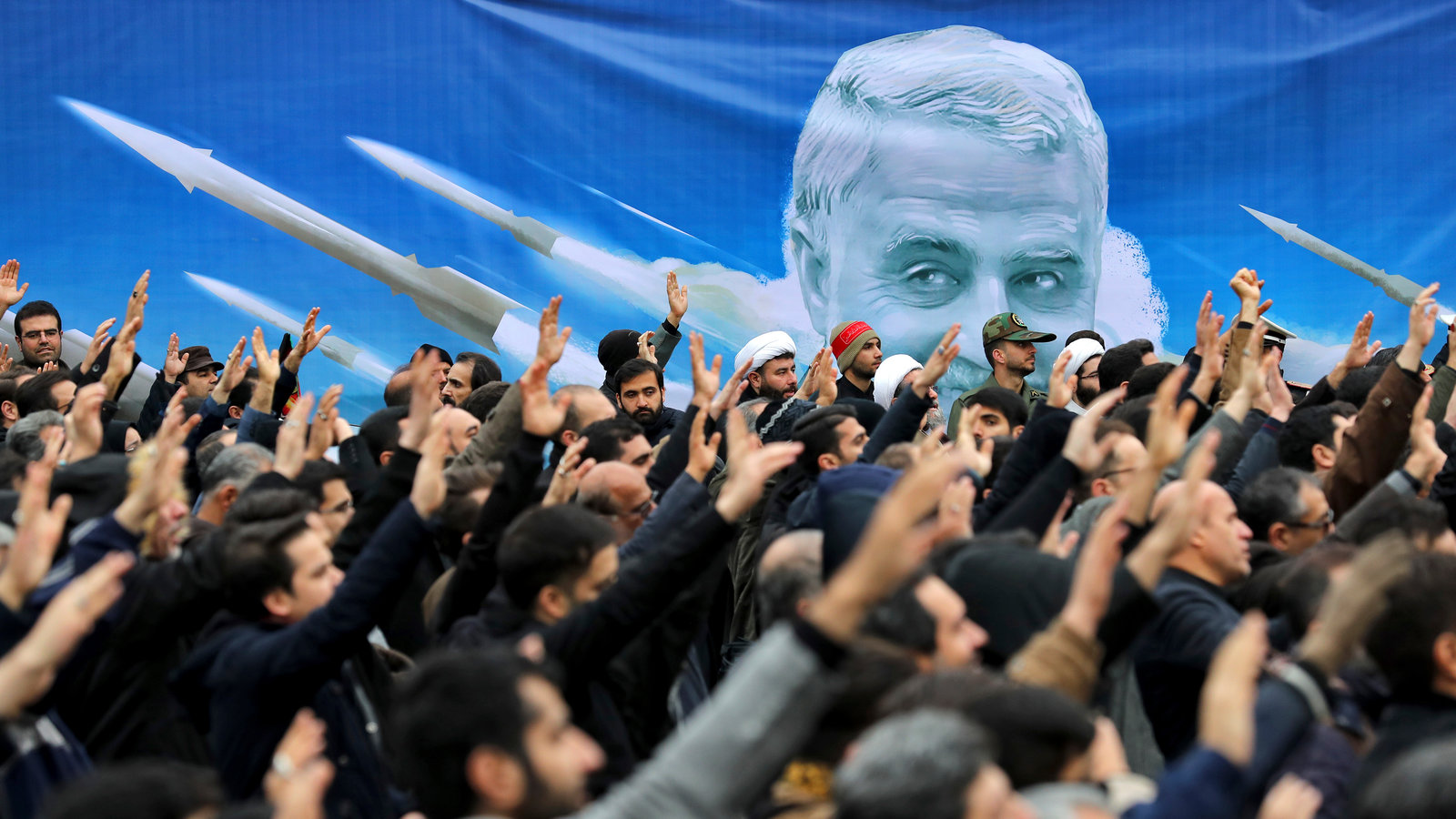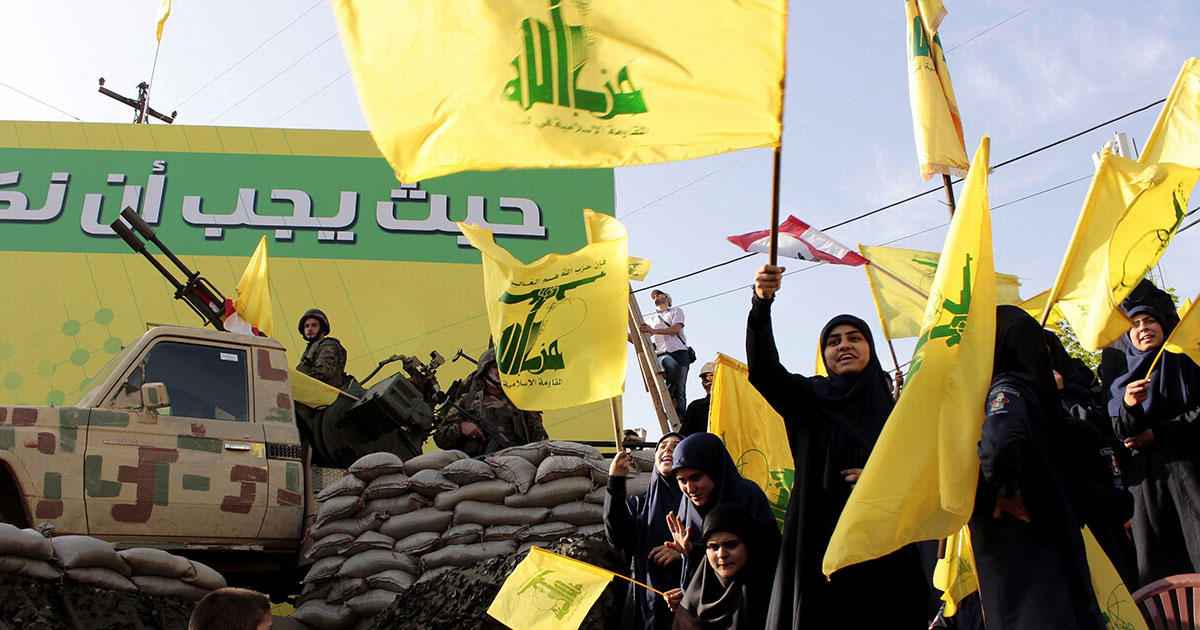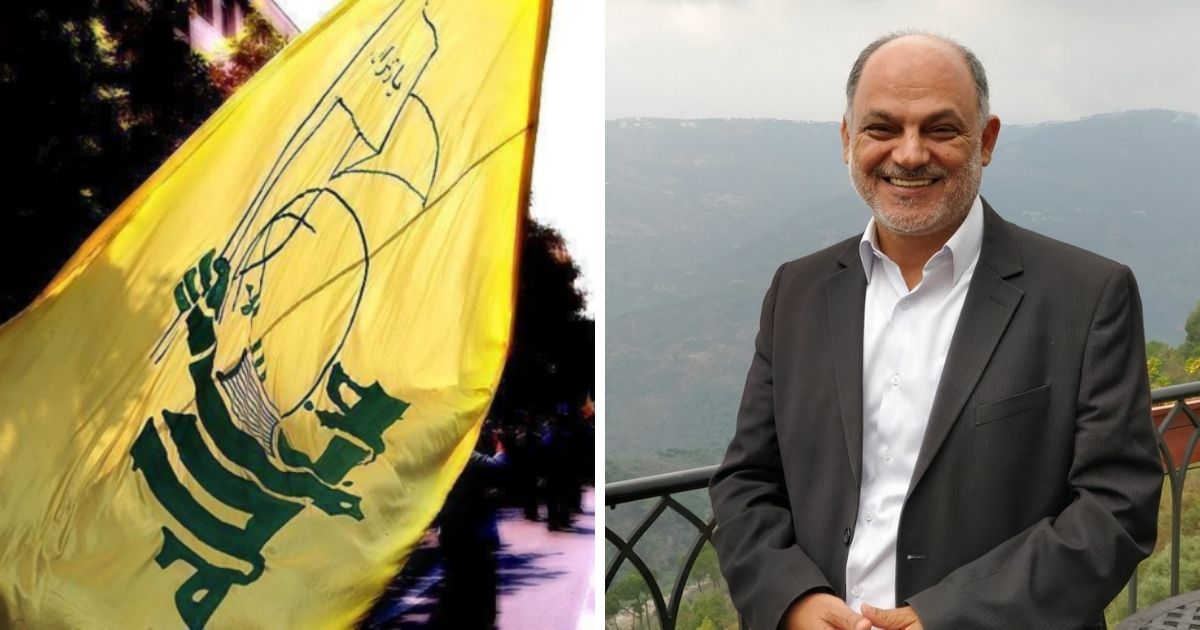During a now-deleted televised interview on Amal Movement’s NBN, Kassem Kassir, a Lebanese journalist/analyst with close ties to Hezbollah, pointed out two key problems the organization must solve.
His remarks were met with heavy backlash from Hezbollah supporters and he was reportedly forced to make a public apology after.
What did he say that was deemed so bad?

According to Kassem, the first issue Hezbollah must solve, “is its relationship with Iran. It must turn into a Lebanese party,” he said, “it cannot continue to say, ‘I am at the command of the Wali al-Faqih.'”
Wilayat al-Faqih is a political theory in Shia Islam that grants a jurist custodianship over people, i.e. it gives one person supreme leadership of the government, such as in Iran with Ayatollah Khomeini being the Wali.
Hence, what Kassem meant to say is that Hezbollah needs to tend to Lebanon’s commands and needs, and not Iran’s.
The second key problem in his perspective that Hezbollah is up against and must solve “is the issue of resistance, as the party cannot continue its resistance alone, but rather it must be part of a [Lebanese] national defense strategy,” Kassem noted.
The oppression of free thought
Kassem’s critique was met with fierce backlash from Hezbollah supporters, most of them equating his comments to treason like it’s always the case when any Lebanese disagrees with the party or its actions.
In this case, Kassem being a known pro-Hezbollah, the offense against him was even fiercer. For the backlash he received, one would think that he was siding with Israel against the party or worst. Yet all that he did was to speak his opinion as a political analyst on the obvious reality.
Lebanese journalist Diana Moukalled remarked, “Hezbollah tolerates Israel itself, but not its sectarian critics.”
That’s because internal criticism is a threat far greater than anyone’s worst enemy.
For Hezbollah, it shows that people inside the organization and its supporters are beginning to disagree with the current leadership style.
It could also be proof of what has been suspected for a while now that Hezbollah’s grip on its own community is not as strong as it used to be.
Kassem’s case is not the first that sees journalists targeted by Hezbollah supporters, especially Shia journalists, who rightfully distinguish between their religion or ideology and the Hezbollah party and its politics.

Among Lebanese journalists who have been a target of offenses by Hezbollah members and supporters, for doing their jobs honestly, are Luna Safwan, Dima Sadek, Layal Al-Ekhtiar, Rabih Chantaf, Rabih Tlais, and Nawal Berry.
International lawyer Rindala Beydoun responded to the attacks on Kassem, saying in a tweet: “Enough claims of betraying and deceiving. Enough monopolizing and intimidating the other Shiite voice.”
“Yes, what Kassem Kassir said expresses an opinion of a significant segment of Lebanese Shiite. Shiite thought is the thought of reason, logic, openness, and pluralism. We did not stray away!!” she noted, calling for a dialogue on rational foundations based on acceptance of the other’s opinion.
